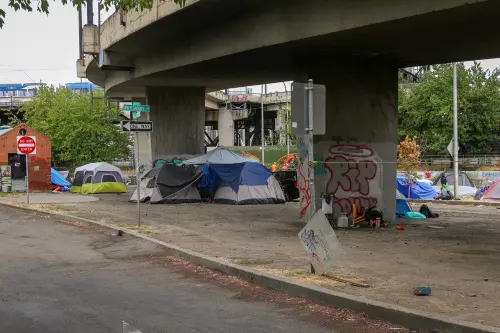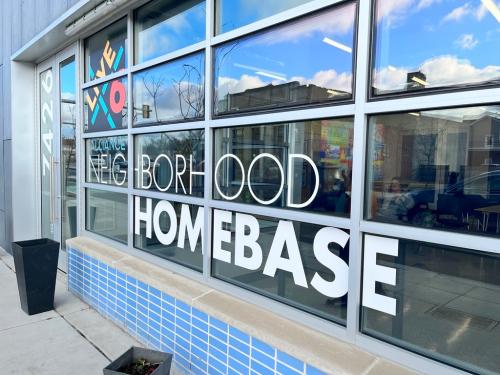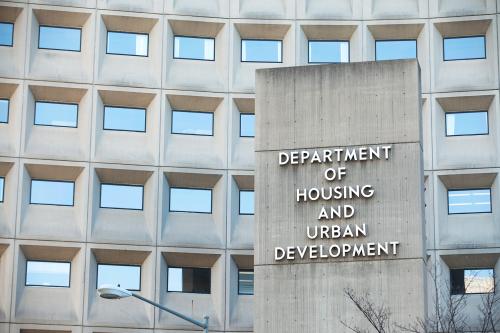While welfare caseloads have dropped and poverty has been reduced since the enactment of welfare reform five years ago, many cities are still struggling to help welfare recipients move into and stay in the workforce. Cities face unique challenges to welfare reform, including having a greater share of the nation’s welfare caseloads, being home to the hardest to serve, and now confronting a looming economic recession that further threatens low-income workers. This paper argues that cities should organize now around an agenda for next year’s reauthorization of welfare reform that is sensitive to the particular needs of urban areas. The paper offers a full range of policy recommendations for TANF reauthorization. For instance, cities should advance policies that will benefit these families broadly – maintaining TANF funding and flexibility; strengthening the contingency fund; holding states accountable for poverty reduction; and streamlining access to work supports like Food Stamps and Medicaid/SCHIP. Cities should also support tools that could help them overcome the special obstacles they face under welfare reform – a redesigned Welfare-to-Work program with greater local flexibility; an expansion of transitional jobs for the hard-to-serve; and enhanced transportation and residential mobility for inner-city recipients. The agenda advanced in this paper, if implemented, would promote real opportunity and economic self-sufficiency for urban welfare recipients and the working poor, and bring stability and vitality to thousands of poor inner-city neighborhoods.


